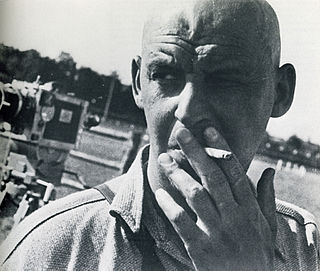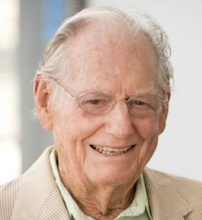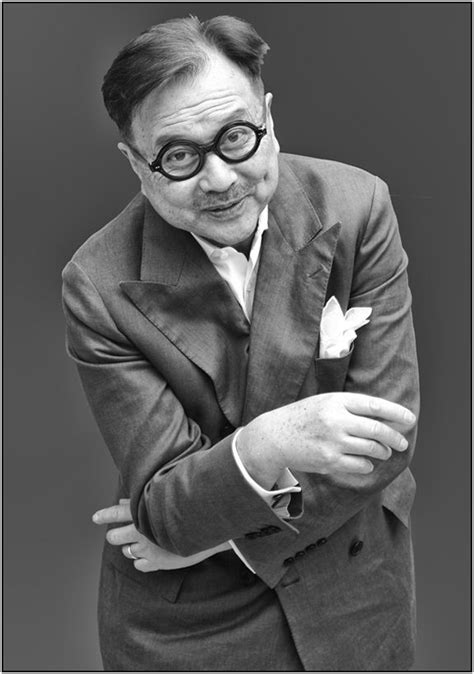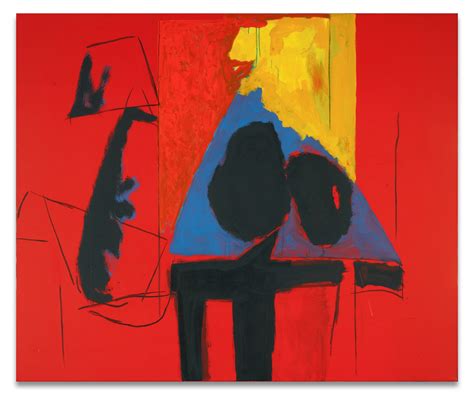A Quote by Kehinde Wiley
I have a lot of problems with Western European easel painting.
Related Quotes
We struggle against easel painting not because it is an aesthetic form of painting, but because it is not modern, for it does not succeed in bringing out the technical side, it is a redundant, exclusive art, and cannot be of any use to the masses. Hence we are struggling not against painting but against photography carried out as if it were an etching, a drawing, a picture in sepia or watercolor.
I would have conversations with European artists. Meaning, people look at my painting and one person would say, "Oh, your painting is just like so-and-so!" Another person would say, "It's just like so-and-so." But at the end, it's a chain of relay like a marathon. There are so many so-and-so's that eventually it becomes mine. My dialogue was completely European, with the '40s, '50s, '60s artists, but on the exterior side I do big painting. It's post-Pollock. It's current. It's a meeting of the time. The Chinese side just comes out.
I conceive of the film as a modern art form particularly interesting to the sense of sight. Painting has its own peculiar problems and specific sensations, and so has the film. But there are also problems in which the dividing line is obliterated, or where the two infringe upon each other. More especially, the cinema can fulfill certain promises made by the ancient arts, in the realization of which painting and film become close neighbors and work together.
As far as I'm concerned, any Aboriginal that gets out there and accepts money that has been put out as a package for this bicentenary is actually accepting blood money. We've still got people with leprosy and we still got tremendous problems. These problems have not been our problems, they're the problems of the European population of Australia.
To achieve effectiveness and legitimacy it is time to scrap the right of veto given to permanent members of the UN, or at least severely restrict its use. It is also time to either abandon the idea of permanent membership or broaden it to reflect the rise of non-Western states to the status of global leaders (e.g. Brazil, India, Indonesia, Turkey, South Africa), and to downgrade European representation by either giving the European Union a single seat or rotating a European state among Germany, France, UK, and Italy.





































